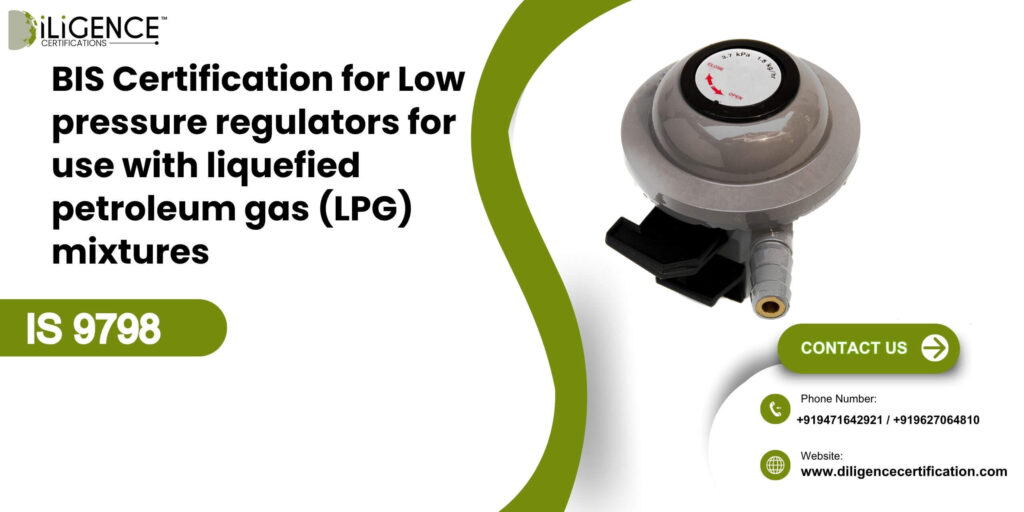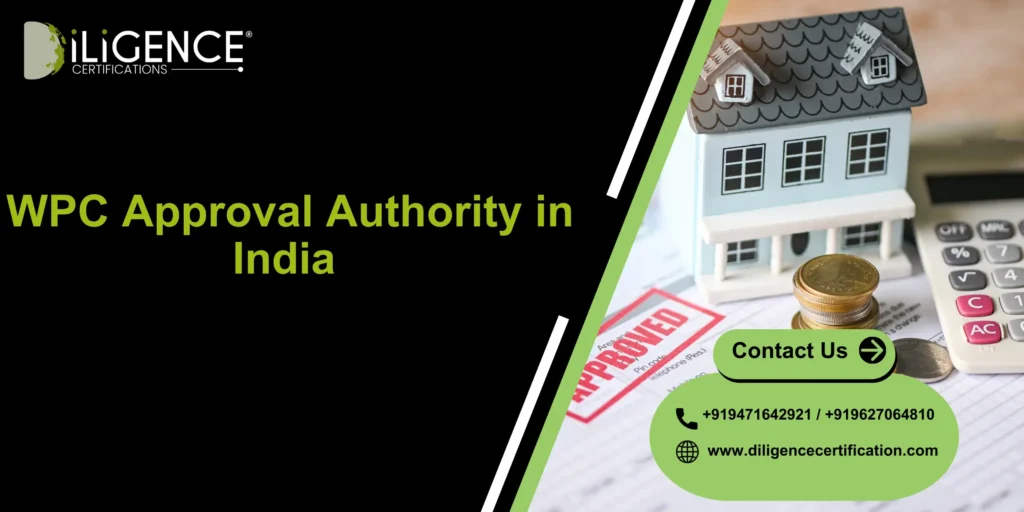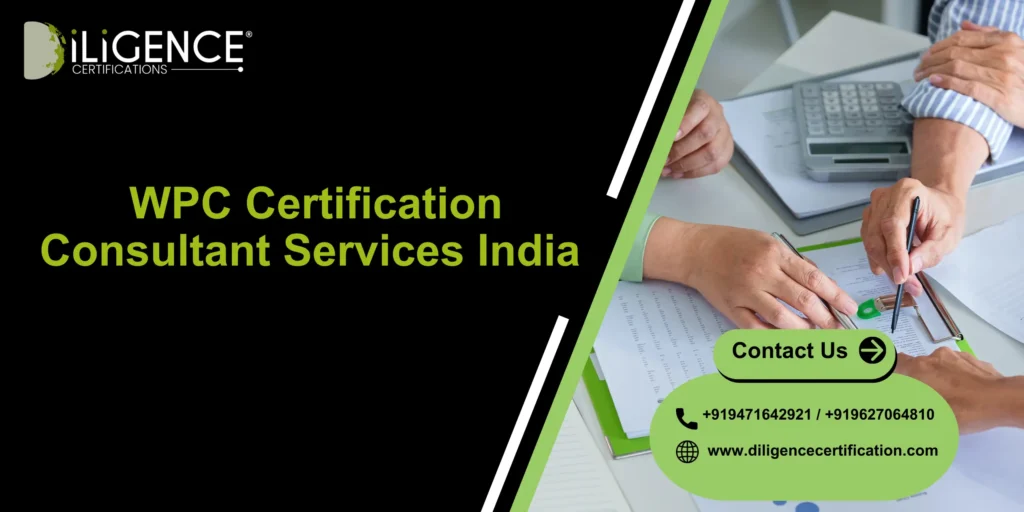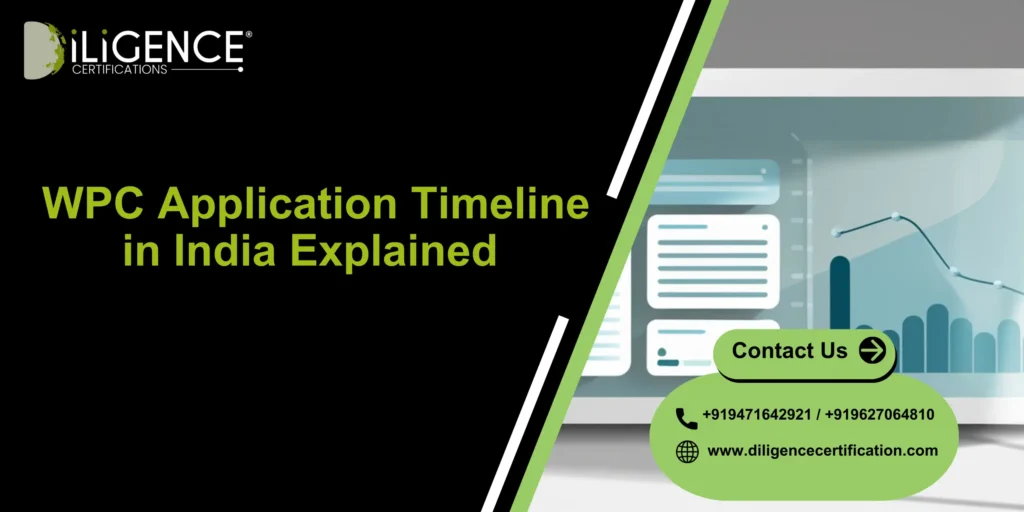- Mandatory BIS certification under IS 9798 for all Low pressure regulators in India.
- Ensures safety and quality through strict material and performance testing.
- Covers process steps including application, inspection, lab testing, and licence grant.
- Enables market access and eligibility for government and OEM contracts.
- Reduces risk and strengthens brand credibility in LPG equipment supply.
Introduction
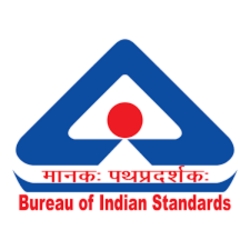
A Delhi-based manufacturer once faced rejection of an entire batch of LPG regulators because the products lacked BIS certification under IS 9798. The incident highlighted how crucial compliance is in India’s LPG equipment market. BIS certification for low-pressure regulators for use with liquefied petroleum gas (LPG) mixtures under IS 9798 ensures safety, reliability, and quality. It is a legal requirement for selling or distributing such regulators in India. For manufacturers and importers, obtaining this certification is not just about regulation—it’s about market access, customer trust, and long-term brand credibility. Bureau of Indian Standards
What is IS 9798?
IS 9798 is the Indian Standard that lays down the technical and safety requirements for low-pressure regulators used with liquefied petroleum gas (LPG) mixtures. Issued by the Bureau of Indian Standards (BIS), it ensures that every regulator used in domestic or commercial LPG systems operates safely, efficiently, and reliably. The standard is mandatory for manufacturers and importers in India who wish to sell or distribute LPG regulators.
Key points about IS 9798:

- Specifies design, material, and performance criteria for low-pressure LPG regulators.
- Latest version: IS 9798:2013 (reaffirmed 2019) under BIS.
- Includes tests for leak tightness, endurance, ageing, and mechanical strength.
- Mandatory BIS certification required before marketing or sale.
- Ensures public safety and builds consumer trust in LPG equipment. ISI MARK
Why BIS Certification Mandatory for Low pressure regulators for use with liquefied petroleum gas (LPG) mixtures
BIS certification is mandatory for low-pressure regulators used with liquefied petroleum gas (LPG) mixtures because these components are critical to the safety of every LPG installation, from household cylinders to small commercial setups. A regulator controls the flow and pressure of LPG from the cylinder to the appliance—any malfunction can lead to gas leaks, fire, or explosions. To prevent such risks, the Bureau of Indian Standards (BIS) enforces compliance with IS 9798, the official standard that defines safety, performance, and material requirements for these regulators.
Informative points:
- Safety Assurance: Ensures regulators are tested for leak-tightness, pressure stability, and mechanical strength before reaching consumers.
- Legal Requirement: Listed under BIS’s Compulsory Registration Scheme (CRS), making certification legally binding for manufacturers and importers in India.
- Consumer Protection: Prevents circulation of substandard or counterfeit regulators that could endanger users.
- Market Authorization: Only BIS-certified regulators can legally bear the ISI mark, required for sale and distribution in India.
- Industry Standardization: Promotes uniform product quality across domestic and imported LPG regulators, improving trust and consistency in the market.
Importance & Benefits of BIS Certification
| Importance | Benefits |
| Ensures product safety and compliance with IS 9798 standards | Protects users from gas leaks, fire hazards, and equipment failure |
| Mandatory for manufacturing and sale in India | Provides legal authorization to market and distribute regulators |
| Establishes product reliability and quality control | Builds customer trust through the ISI mark certification |
| Promotes standardized manufacturing practices | Ensures consistent performance across different regulator models |
| Helps meet government and industry procurement norms | Opens access to tenders and large-scale supply opportunities |
| Strengthens regulatory accountability | Reduces risk of penalties, recalls, or non-compliance issues |
| Aligns with national and international safety standards | Enhances brand reputation and export readiness |
Step by Step process of BIS Certification

Step 1: Documentation
- Prepare technical drawings, materials list, and process flow.
- Collect factory registration and quality control records.
- Arrange calibration certificates for test equipment.
- Keep all documents aligned with IS 9798 requirements.
Step 2: Product Testing
- Conduct type and routine tests as per IS 9798 standards.
- Use BIS-recognized laboratories for official testing.
- Ensure representative samples are submitted.
- Record and resolve any test failures before submission.
Step 3: Application Submission
- Fill out the BIS application with product and factory details.
- Attach test reports and all supporting documents.
- Pay applicable BIS fees and provide declarations.
- Nominate an authorised representative if importing.
Step 4: Scrutiny and Inspection
- Prepare for BIS factory inspection and document review.
- Provide production records, calibration logs, and marking systems.
- Allow inspectors to collect random product samples.
- Address any non-conformities promptly.
Step 5: Grant of Licence
- Receive BIS licence with assigned CM/L or FMCS number.
- Begin marking regulators with the ISI mark as approved.
- Maintain ongoing testing and compliance records.
- Prepare for periodic BIS surveillance and renewal audits.
Documents Required for BIS Certification
| Category | Required Documents |
| Company Details | Registration certificate, GST, PAN, factory address proof |
| Product Information | Specifications, design drawings, BOM, model variants |
| Quality Control | QC manual, process flow, calibration and inspection records |
| Testing Reports | BIS-approved lab test reports, in-house results |
| Manufacturing Setup | Machinery list, lab equipment details |
| Personnel Details | Key technical staff names and qualifications |
| Authorisations | Authorization letter, brand owner NOC, Indian rep (for imports) |
| Declarations | Application form, self-declaration of IS 9798 compliance |
Timelines, Costs, Validity & Renewal
- Timelines: The BIS certification process generally takes 30–45 working days for Indian manufacturers and 60–90 days for foreign applicants under the FMCS scheme.
- Costs: The total cost includes application, inspection, testing, and annual marking fees, depending on the product and production scale.
- Validity: The BIS licence under IS 9798 is valid for two years from the date of issue, provided all certification requirements are maintained.
- Renewal: Renewal should be applied for before the licence expires, with updated test reports, quality documents, and renewal fees. BIS also conducts periodic surveillance audits to verify ongoing compliance with IS 9798 standards.
Why Choose Diligence Certification
- Experienced team with in-depth knowledge of BIS standards and IS 9798 compliance.
- Complete support from documentation to licence grant and post-certification maintenance.
- Strong coordination with BIS officials and recognized testing laboratories for faster processing.
- Expert guidance in preparing technical files, QC manuals, and product testing documentation.
- Continuous assistance for licence renewal, surveillance audits, and regulatory updates.
- Proven record of successful BIS certifications for LPG regulators and safety equipment.
Conclusion
BIS certification for low-pressure regulators used with LPG mixtures as per IS 9798 is a guarantee of safety, quality, and compliance with regulations in the Indian market. It is an endorsement that products adhere to stringent standards of performance and reliability, thus, security is assured for both users and manufacturers. Having a BIS licence not only boosts the brand image but also opens the way to the participation of government and industrial tenders. Compliant manufacturers enjoy the loyalty of their customers and the security of the market in the long run. The entire procedure will run smoothly and the approval will be obtained quickly if you cooperate with an expert like Diligence Certification.
Frequently Ask Questions
What is BIS certification for low-pressure LPG regulators?
It is an official approval from the Bureau of Indian Standards (BIS) confirming that the product meets safety and quality requirements under IS 9798.
Is BIS certification mandatory for LPG regulators in India?
Yes, BIS certification under IS 9798 is compulsory for manufacturing, importing, or selling low-pressure LPG regulators in India.
Which standard applies to low-pressure LPG regulators?
The applicable Indian Standard is IS 9798:2013 (reaffirmed 2019), which defines performance, safety, and testing requirements.
Who can apply for BIS certification?
Both Indian manufacturers and foreign manufacturers (through an authorised Indian representative) can apply for BIS certification.
What tests are conducted under IS 9798?
Tests include leak-tightness, endurance, pressure stability, mechanical strength, and resistance to high and low temperatures.
How long does the BIS certification process take?
Typically, it takes around 30–45 working days for Indian manufacturers and 60–90 days for foreign applicants.
How long is a BIS Certificate valid for?
BIS licensure is for a period of two years. Extension is carried out prior to expiration and with the updated testing and compliance documents.
Is it allowed to sell a product without BIS certification?
One is allowed to sell or distribute low-pressure LPG regulators that have not undergone BIS certification. Such dealings, however, may be met with the imposition of penalties.
What are the major benefits of BIS certification?
BIS certification is a passport for a brand to enter the market safely, the brand's right to trade, consumer loyalty, and the possibility of acquiring contracts from both the government and industrial sectors.
In what ways can Diligence Certification help?
Diligence Certification is the epitome of the BIS approval platform through which it manages the entire client process starting from documentation, testing coordination, application filing to renewal.






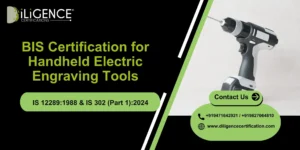
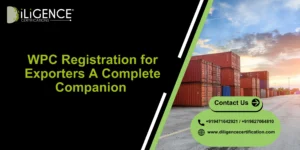
 BIS Certification
BIS Certification
 CDSCO
CDSCO
 CPCB
CPCB
 LMPC
LMPC
 WPC Approval
WPC Approval
 Global Approvals
Global Approvals
 TEC
TEC
 ARAI
ARAI
 BEE
BEE
 ISO Certification
ISO Certification
 DGCA Certification
DGCA Certification
 NOC For Steel
NOC For Steel



















 Business Registration
Business Registration















 Legal Services
Legal Services
 Trademark Registration
Trademark Registration
 Copyright Registration
Copyright Registration
 Patent Registration
Patent Registration
